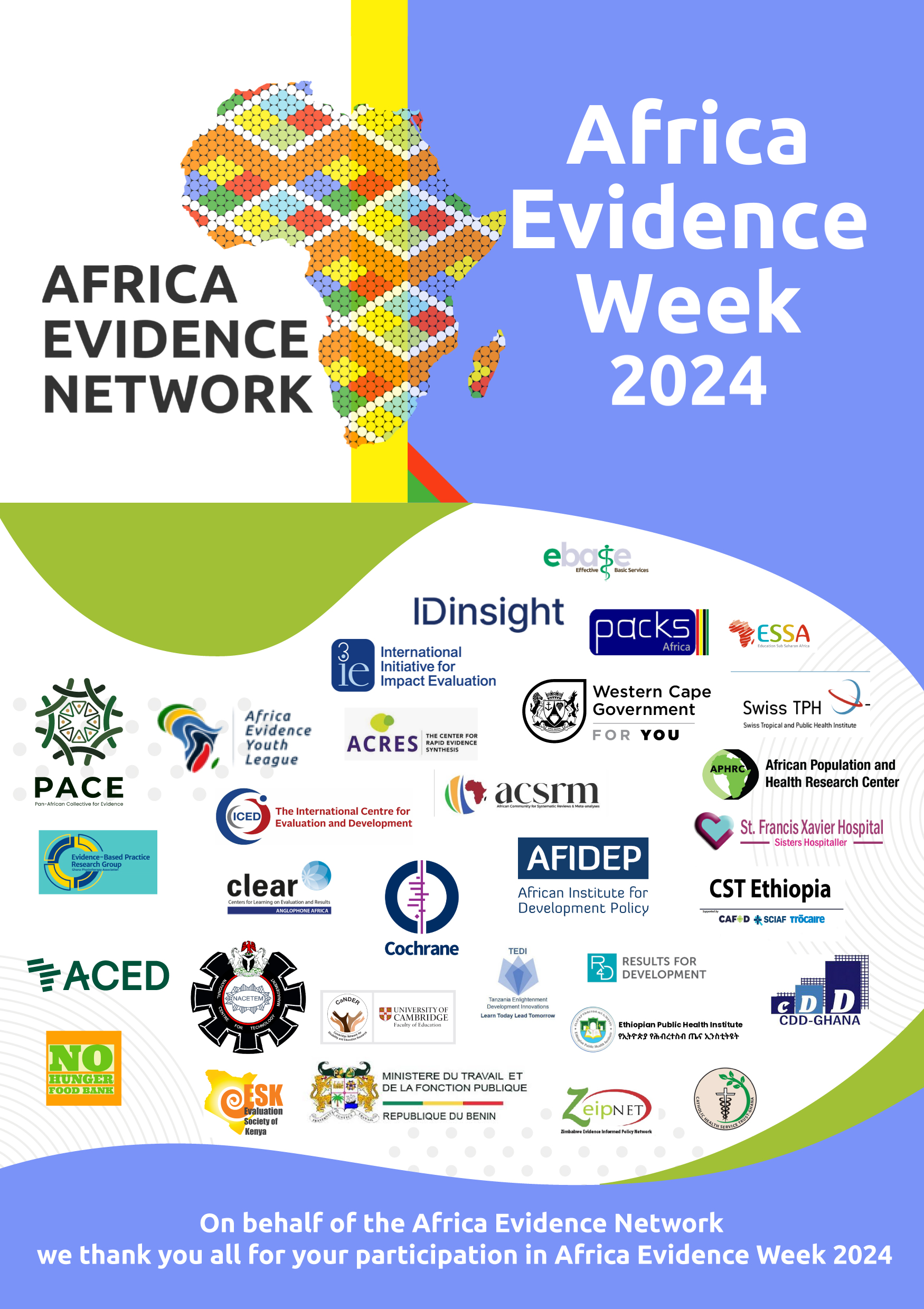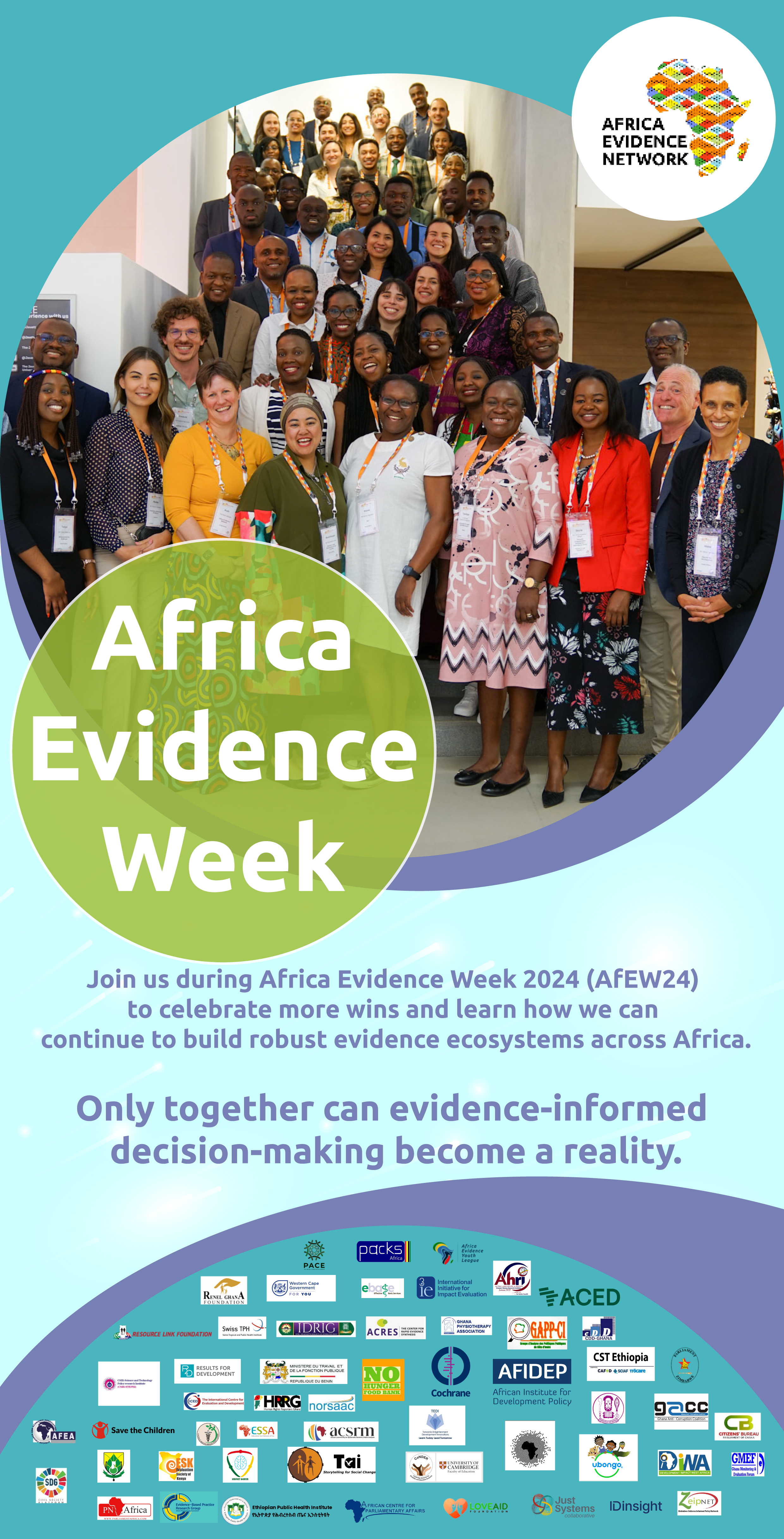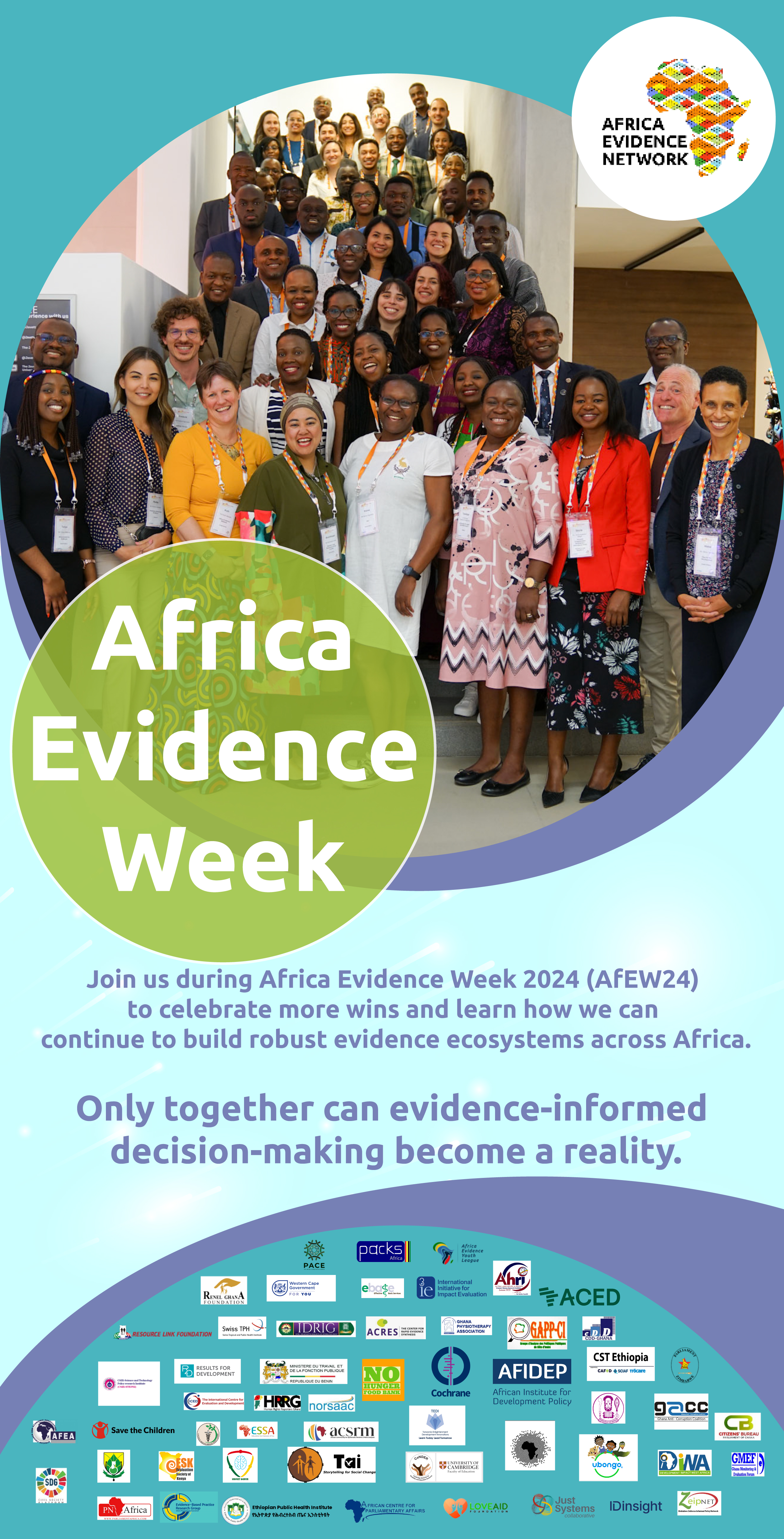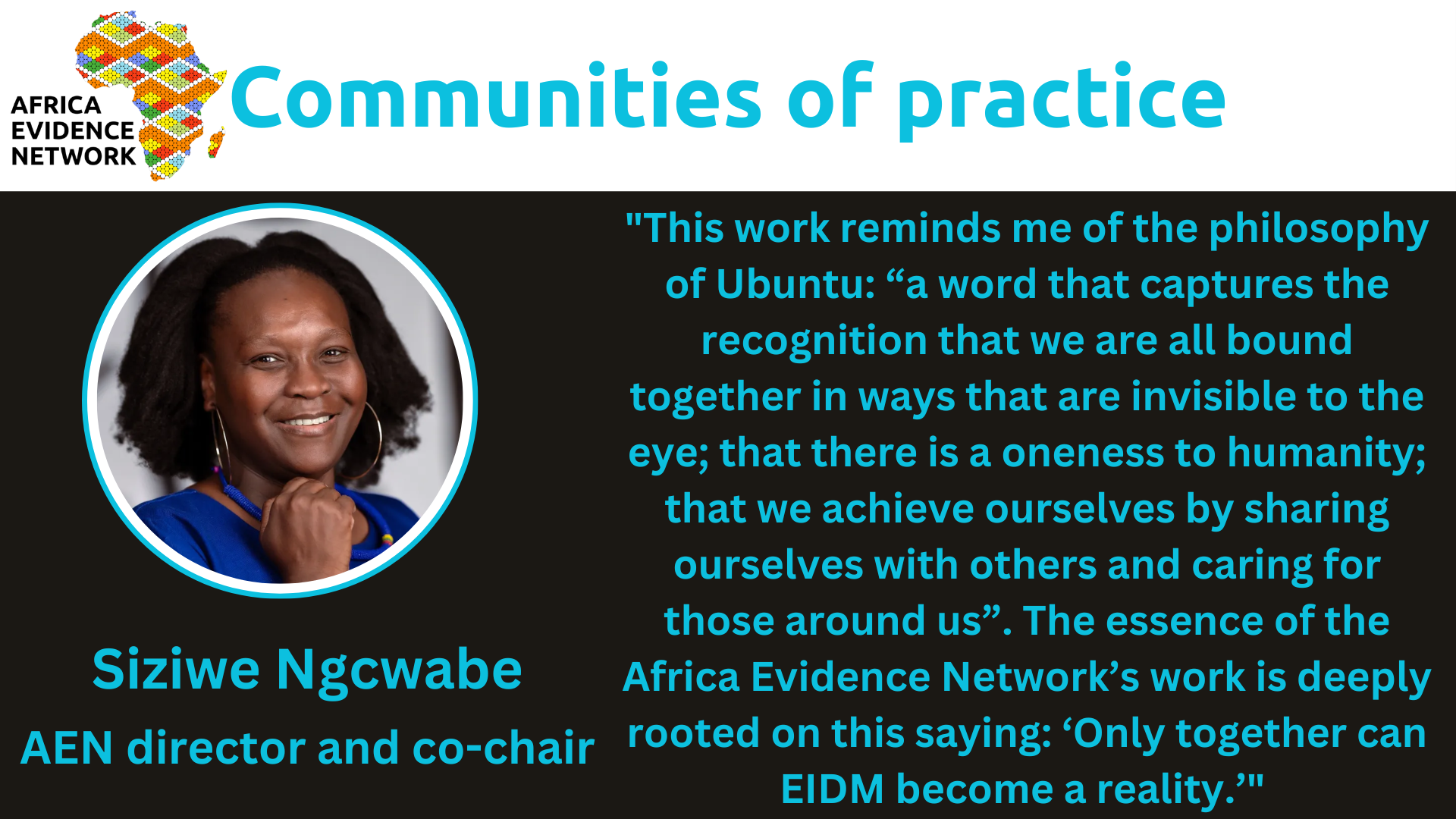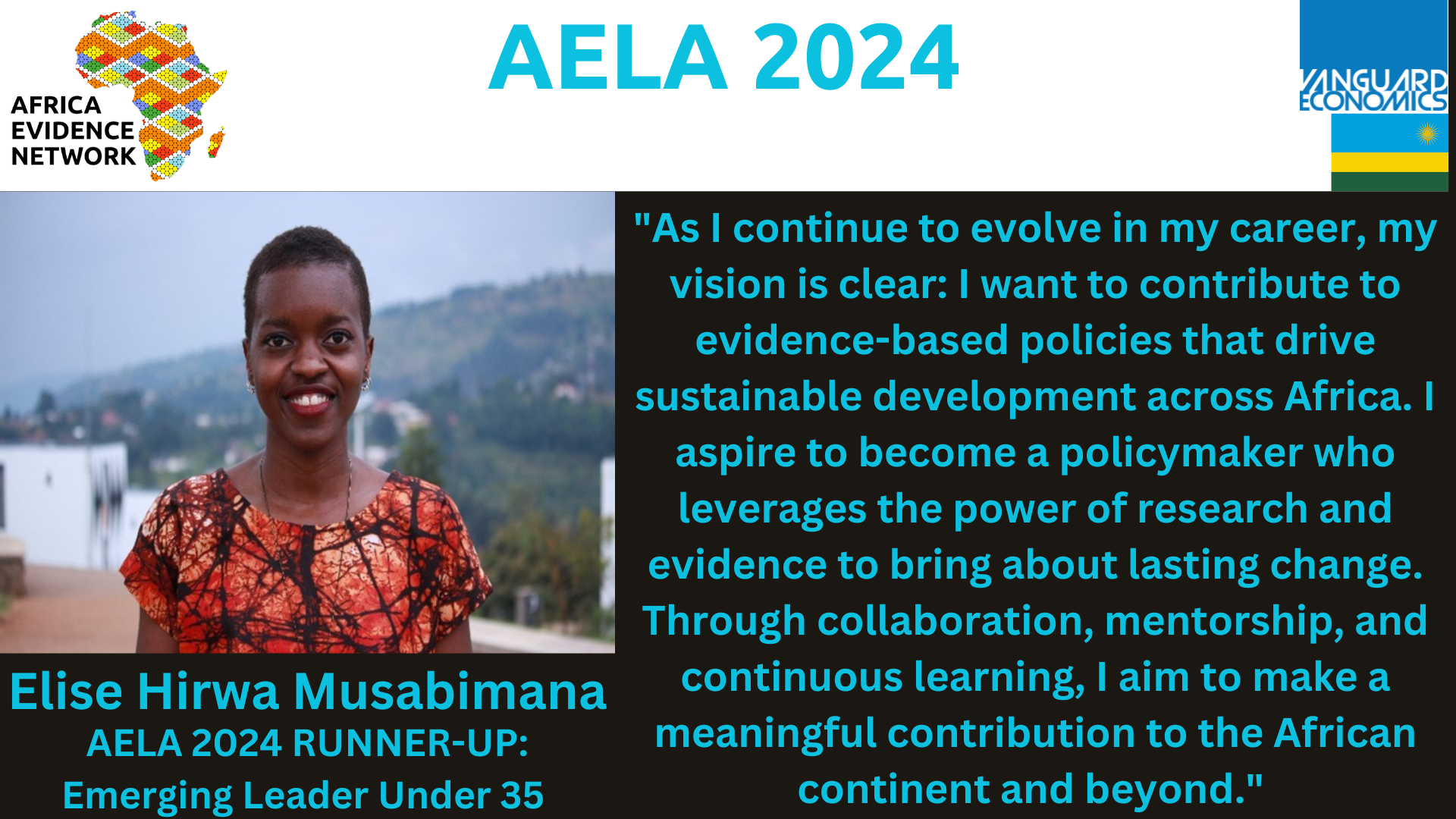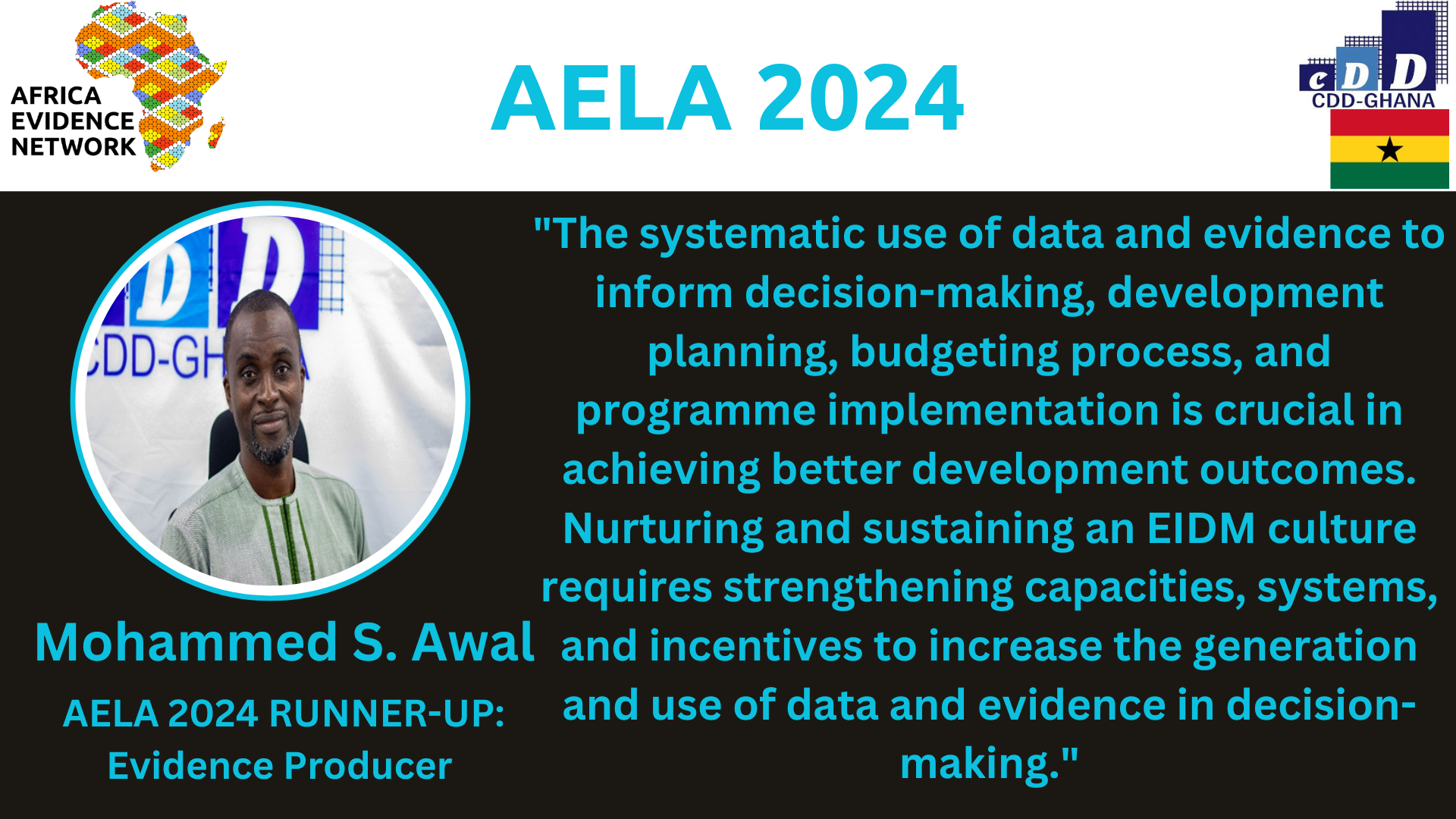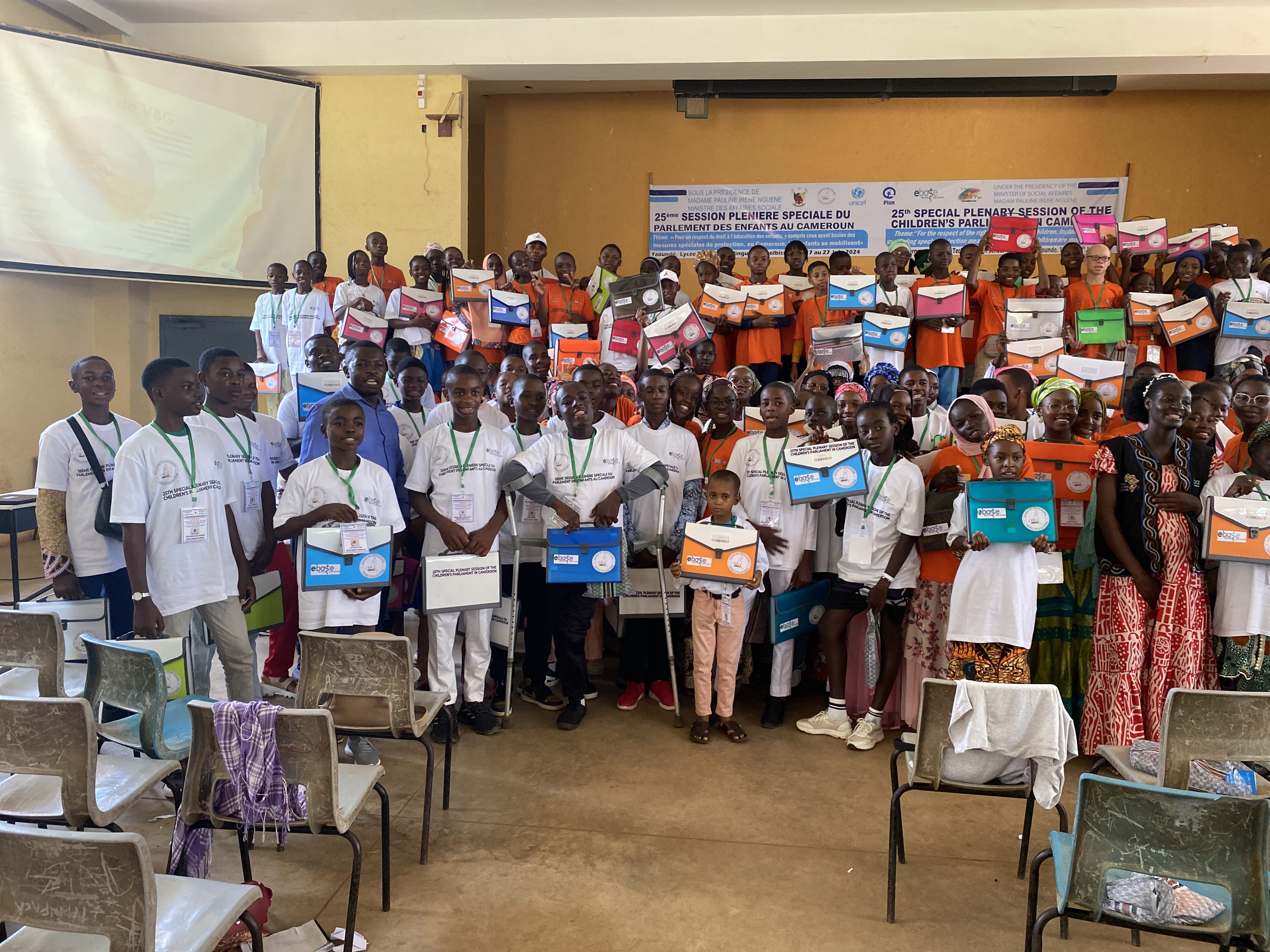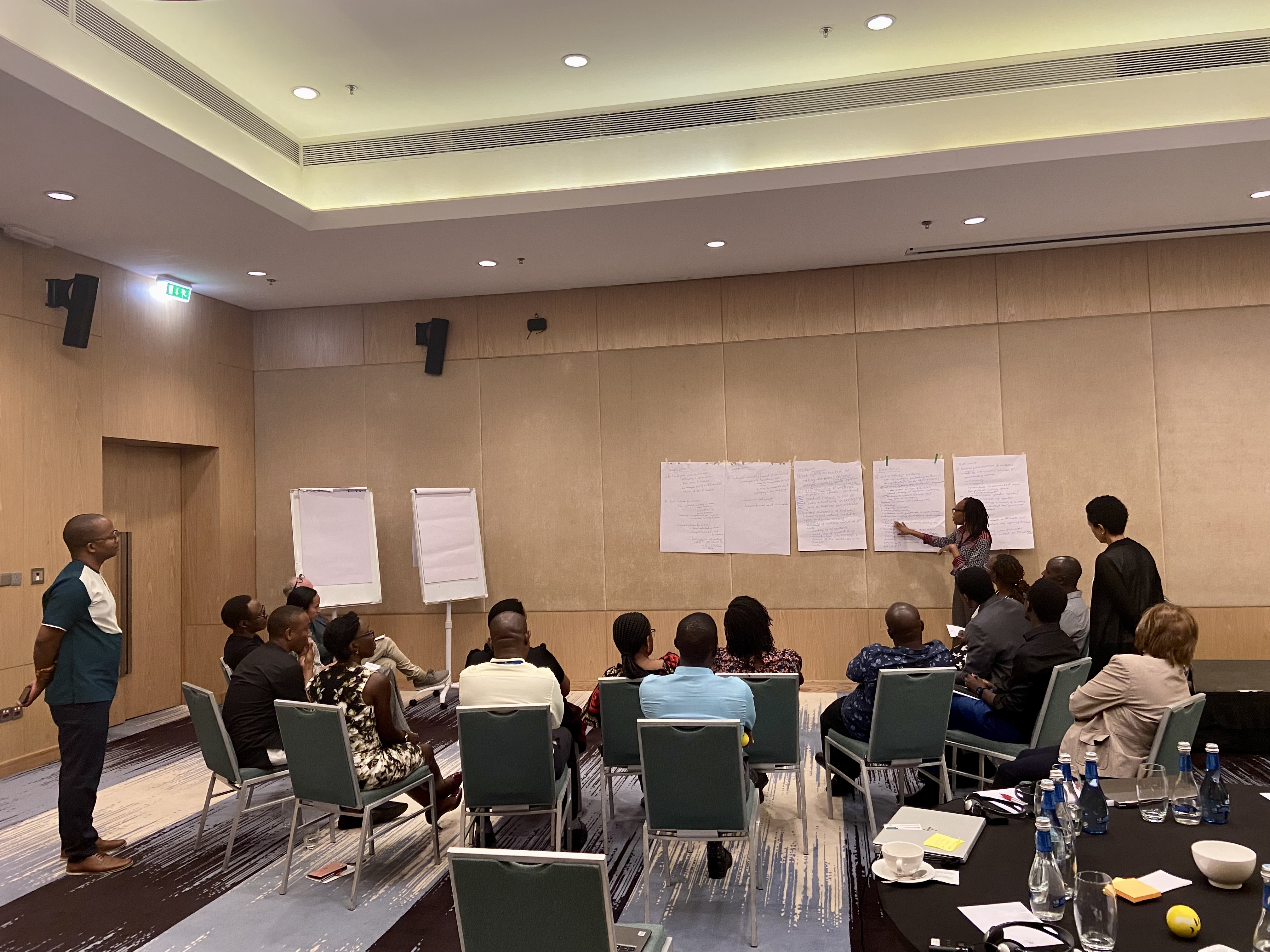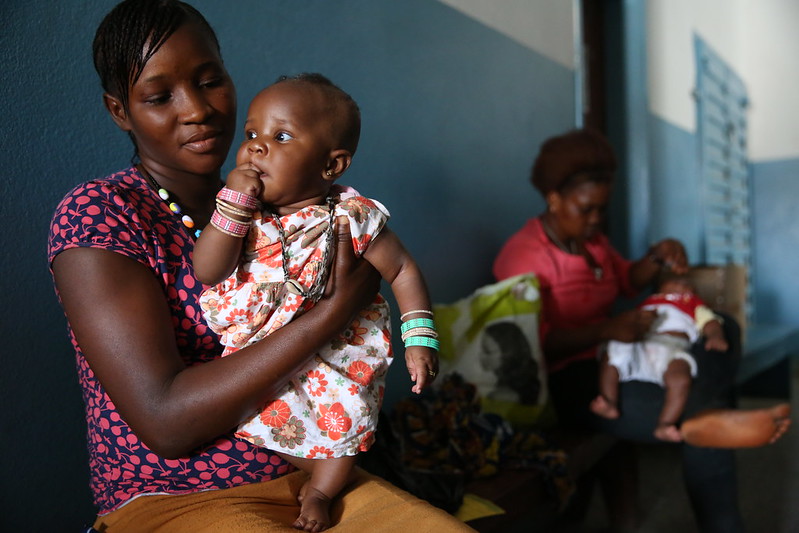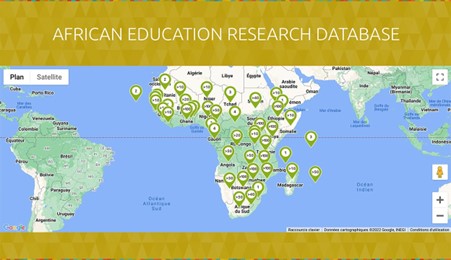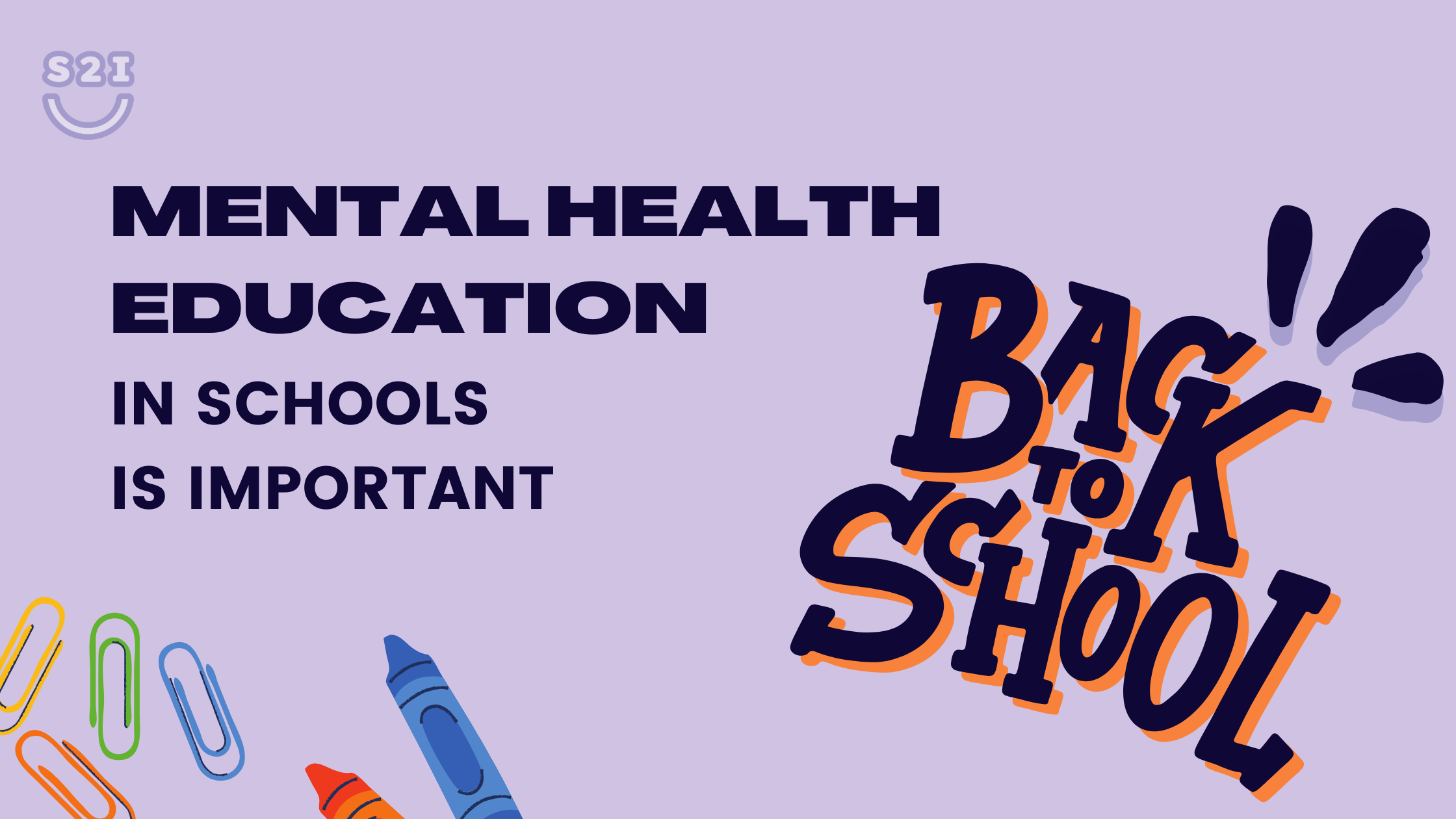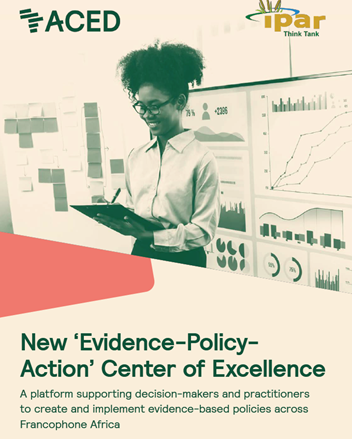
The African Center for Equity Development (ACED) launched the Programme de Petites Subventions de Recherche (PPSR), a pivotal initiative aimed at addressing food security and nutrition (FSN) challenges in Benin. This blog post explores how ACED's comprehensive research agenda has evolved into a practical and impactful small research grants program, fostering local research capacity and informing policy-making.
The Genesis of the PPSR Program
The PPSR program stems from ACED's extensive efforts to understand and address FSN issues through evidence-based research. With a focus on food systems, natural resource economics, digital economy, and human development, the program aims to produce and synthesize data that can inform both policy and practice. This initiative aligns with the broader objective of creating resilient and sustainable food systems in francophone West Africa, particularly Benin.
Key Objectives of the PPSR Program
The PPSR program has both strategic and operational objectives designed to make a substantial impact on FSN in Benin:
- Strategic Objectives:
- Deepening understanding: by producing new knowledge, the program aims to deepen the understanding of FSN challenges and opportunities in Benin.
- Informing Interventions: The data generated from research will guide the formulation and implementation of relevant and impactful interventions in the FSN sector.
- Operational Objectives:
- Strengthening local capacity: enhancing the skills of Beninese researchers in collecting, analyzing, and interpreting FSN data through training and mentoring.
- Translating knowledge: converting scientific research into operational and decision-making knowledge to facilitate its use by policymakers and practitioners.
Thematic areas of research
The PPSR program focuses on six key thematic areas identified as crucial for improving FSN in Benin:
- Food supply systems: examining the actors and activities involved in food production, storage, distribution, and waste management.
- Food environment: exploring the physical, economic, and socio-cultural factors influencing food preferences and choices.
- Consumer behavior: investigating factors beyond food prices that affect consumption patterns, including the empowerment of women within the food system.
- Nutritional status: addressing malnutrition among women and young children, and examining the impact of climate change on food nutritional value.
- Trade and investment: analyzing market competitiveness, cooperation agreements, and public investments in the fsn sector.
- Political and institutional environment: evaluating the effectiveness of policies, decision-making processes, and governance related to fsn.
Types of Grants
The PPSR program offers two types of research grants to support various aspects of FSN research:
- Primary Research Grants: These grants support original research projects that align with the program's thematic areas. Researchers can use these funds to conduct in-depth studies and gather primary data.
- Knowledge Translation Grants: These grants aid in synthesizing existing research and translating scientific knowledge into actionable insights. They also support participation in Evidence-Policy-Action (EPA) dialogues to ensure that research findings are communicated effectively to decision-makers.
Funding levels depend on the quality, relevance, and needs of the proposed projects, with a ceiling of 500,000 FCFA (875 USD) for knowledge translation and 2,000,000 FCFA (3,500 USD) for data production and synthesis.
Implementation Strategy
The PPSR program is implemented through a structured four-phase process:
- Call for Proposals and Selection: The program begins with a call for research proposals that align with the identified thematic areas. A selection committee evaluates the proposals based on their relevance, scientific quality, feasibility, and potential impact.
- Framing and Aligning Research Questions: Selected researchers work with mentors to refine their research questions, ensuring they address the needs of policymakers and practitioners. This phase includes workshops and dialogues with key stakeholders.
- Supervision and Mentoring: Researchers receive continuous support through training sessions, regular mentoring, and progress check-ins. An expert committee oversees this phase to ensure the research is conducted effectively.
- Knowledge Transfer and Utilization: The final phase focuses on making research findings accessible and usable for decision-makers. This includes producing policy briefs, synthesis notes, and participating in EPA dialogues to disseminate the knowledge.
Impact and Future Prospects
ACED’s PPSR program is a crucial step towards enhancing FSN in Benin. By empowering local researchers, generating valuable data, and informing policy-making, the program contributes significantly to creating sustainable and resilient food systems. The structured approach ensures that research addresses real-world challenges and provides practical solutions that can be implemented to improve food security and nutrition in Benin
A pilot model to support and promote
By transforming a comprehensive research agenda into a practical small research grants program, ACED demonstrates the power of localized, evidence-based approaches to tackling FSN challenges. The PPSR program not only builds research capacity but also ensures that the knowledge generated is effectively translated into actionable strategies, paving the way for a food-secure and nutritionally adequate future in Benin.
For more information about the PPSR program and its impact, Production de données probantes | acedafrica.org and explore the full research agenda.
